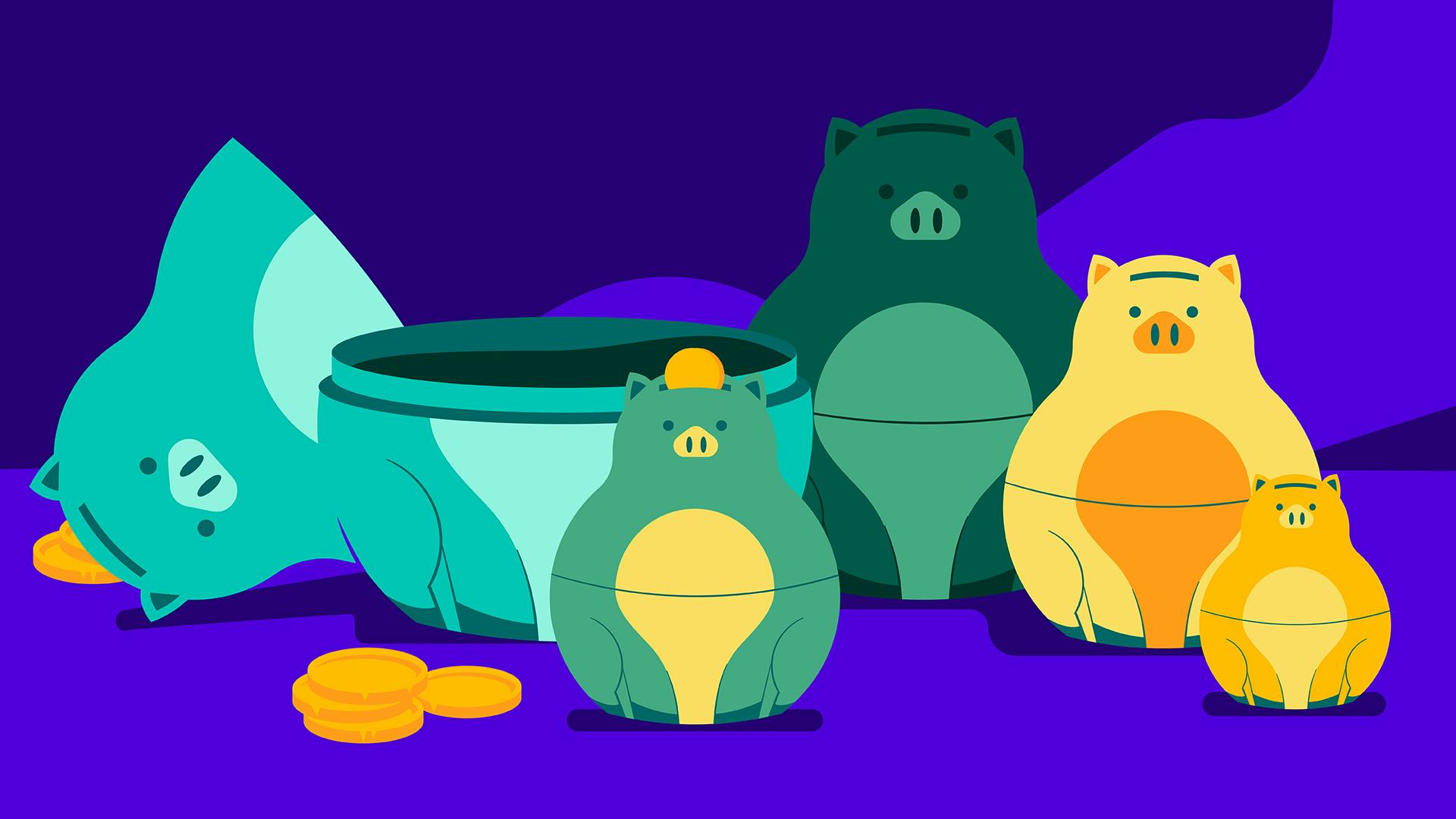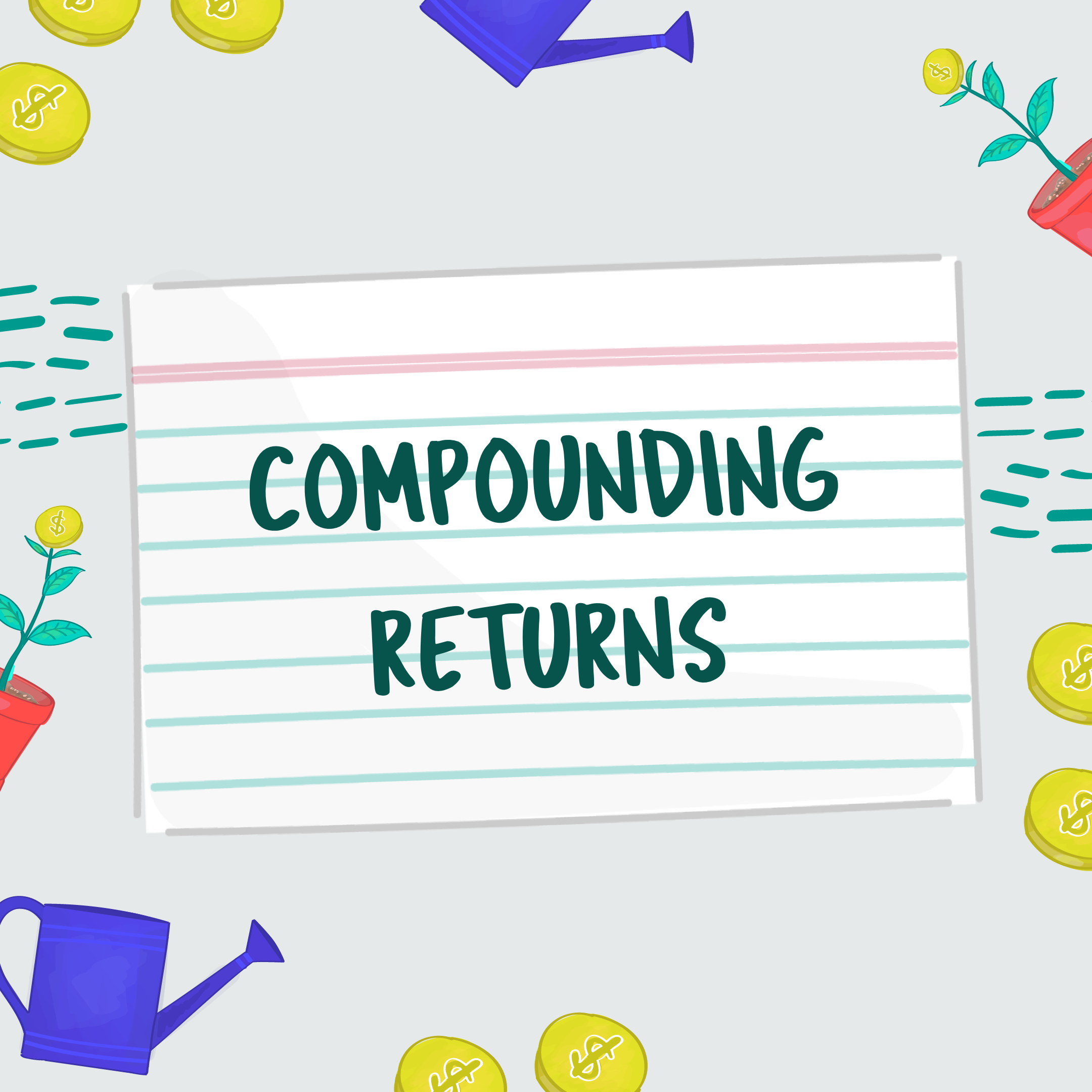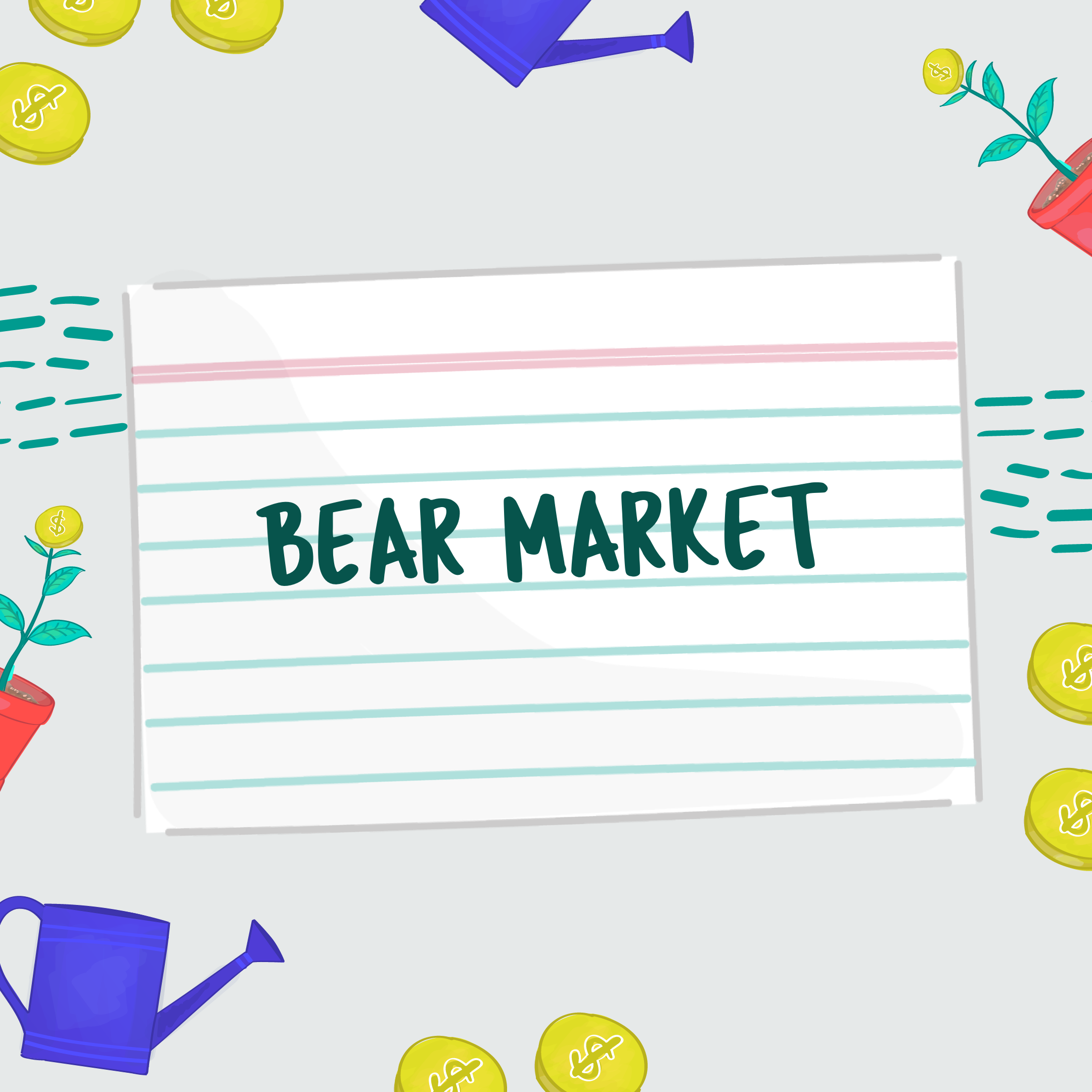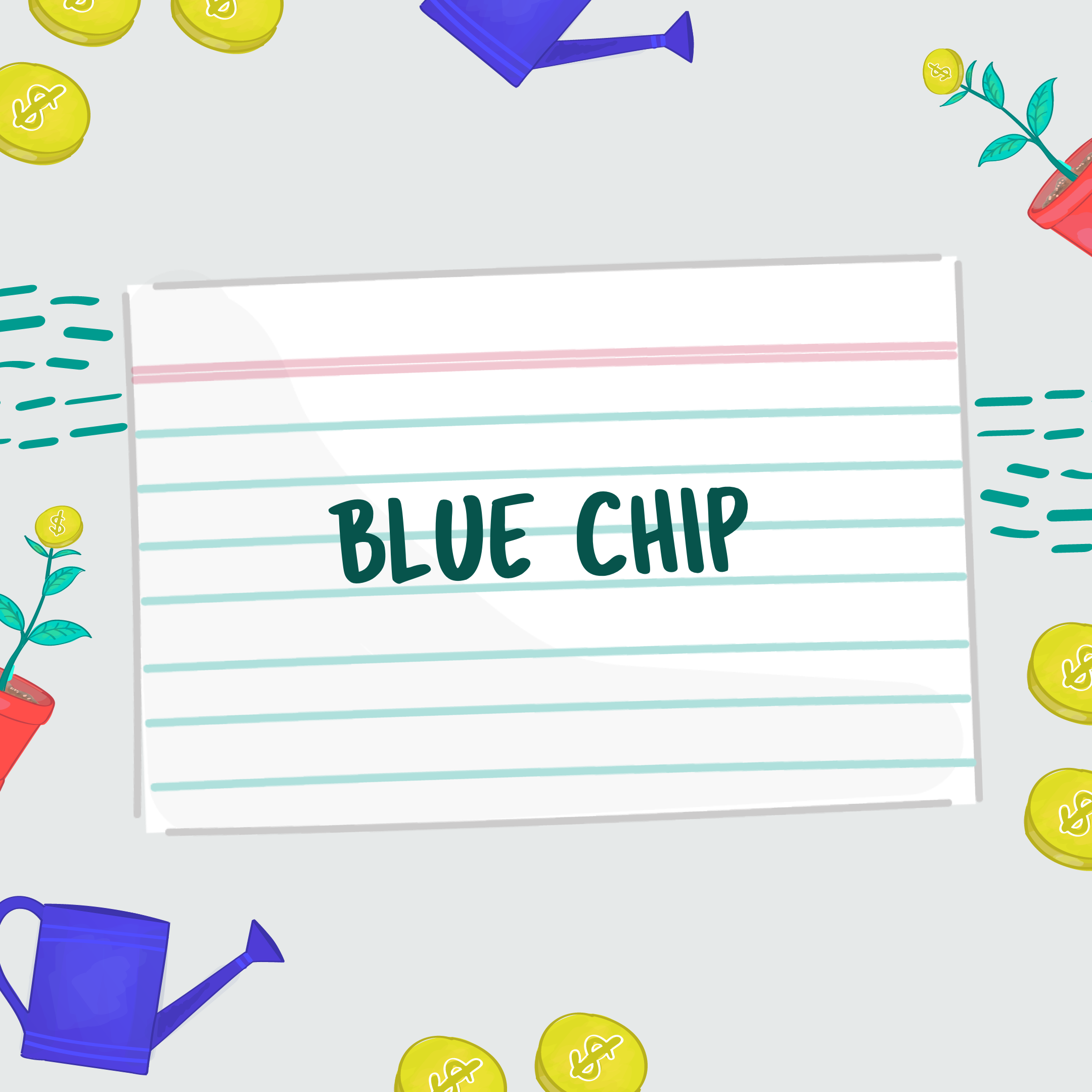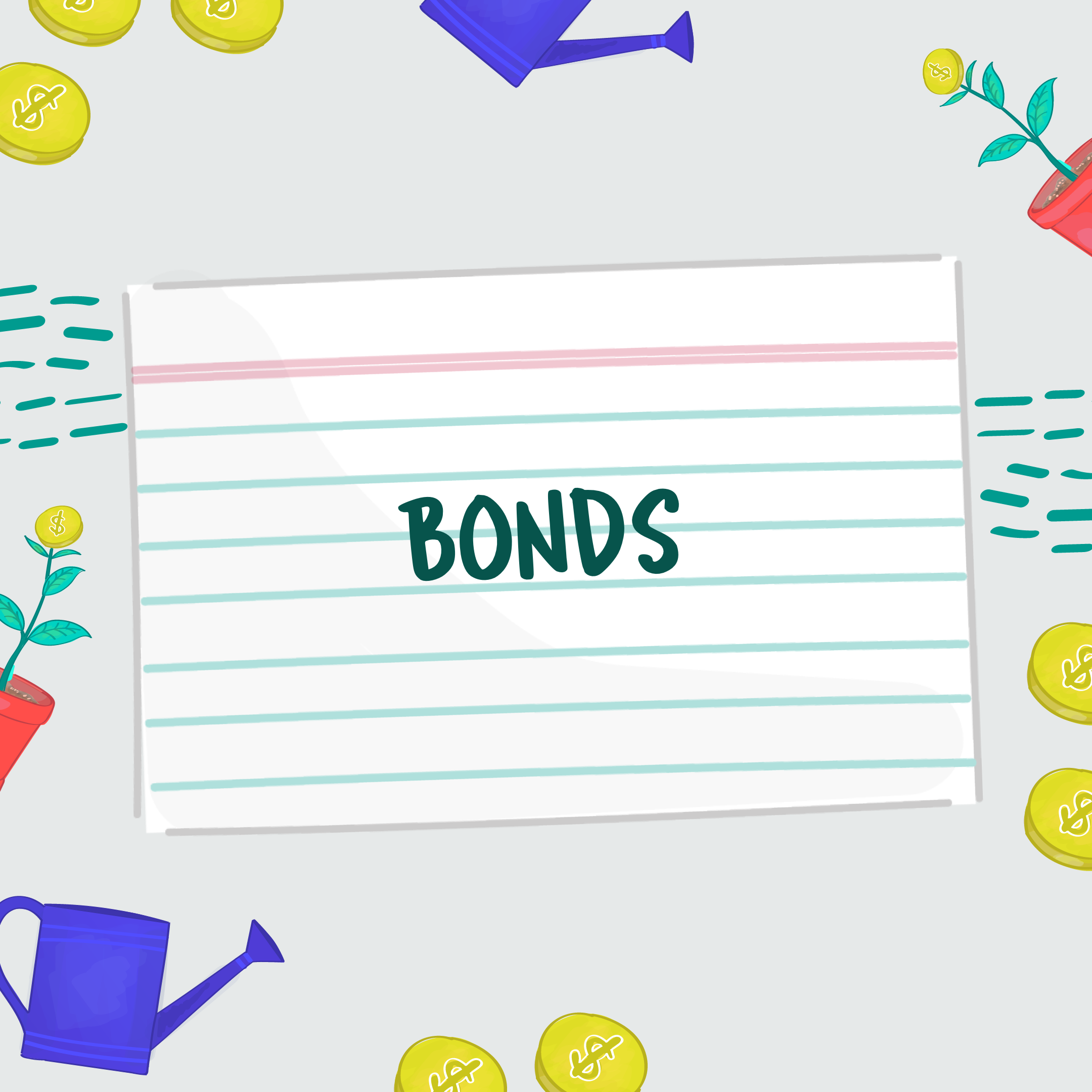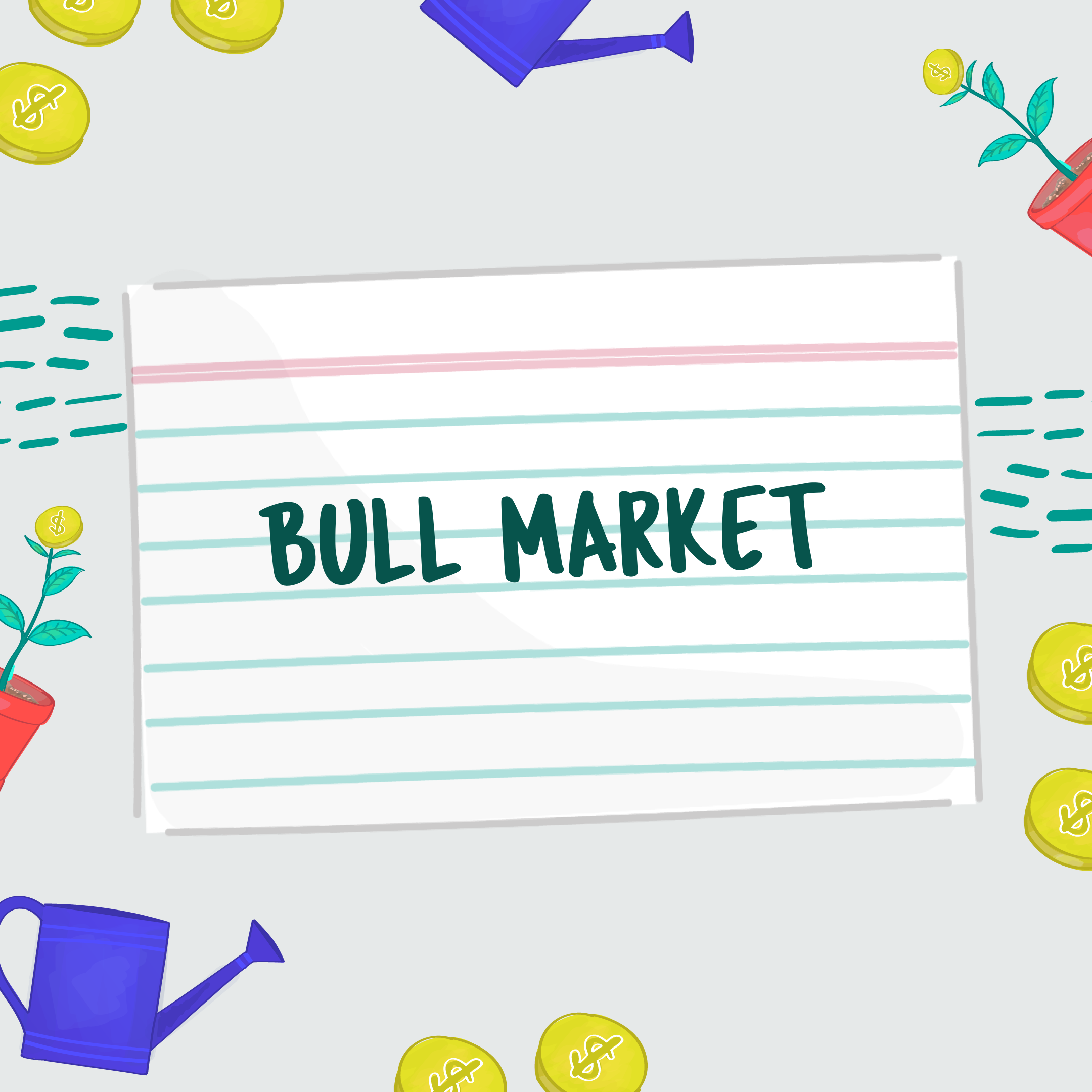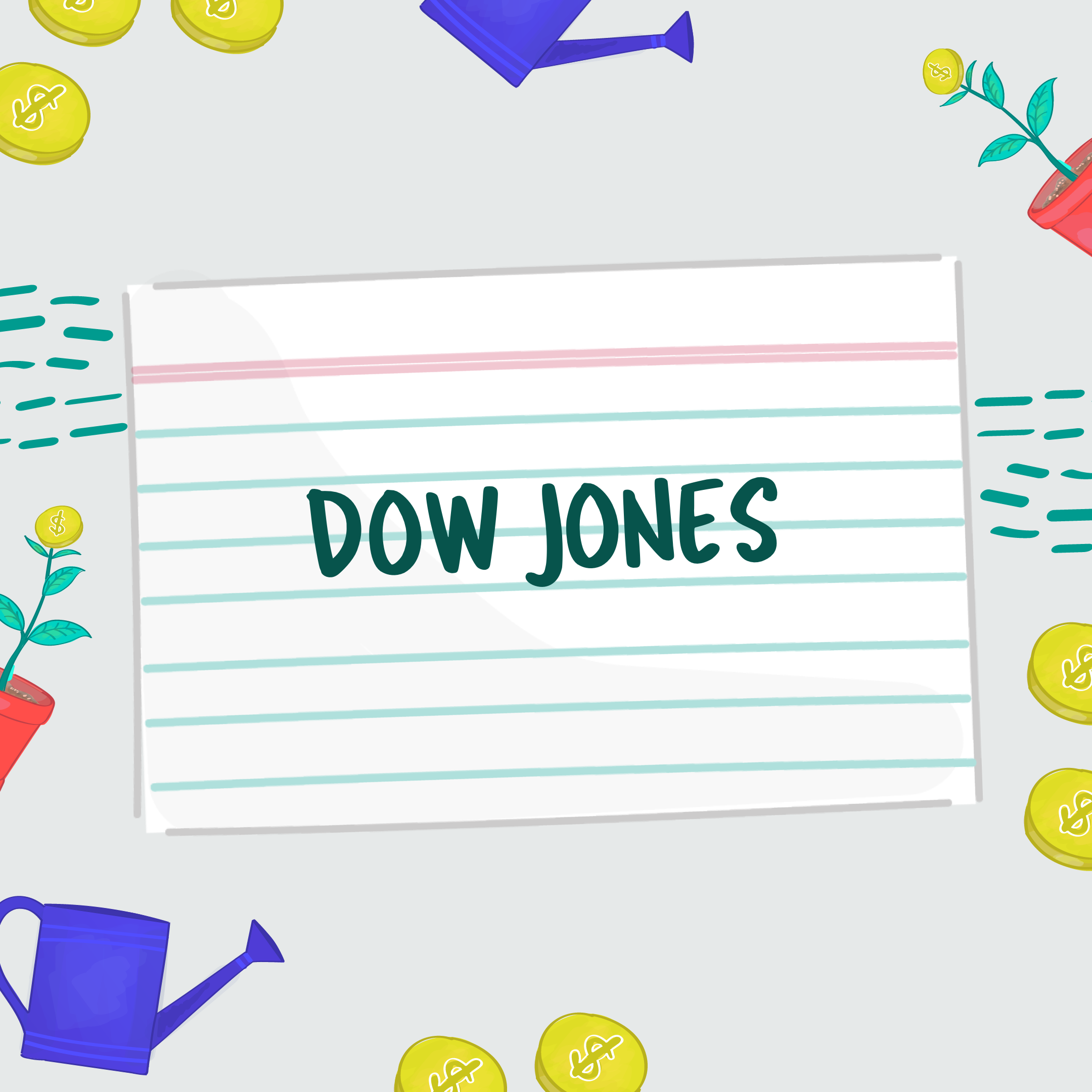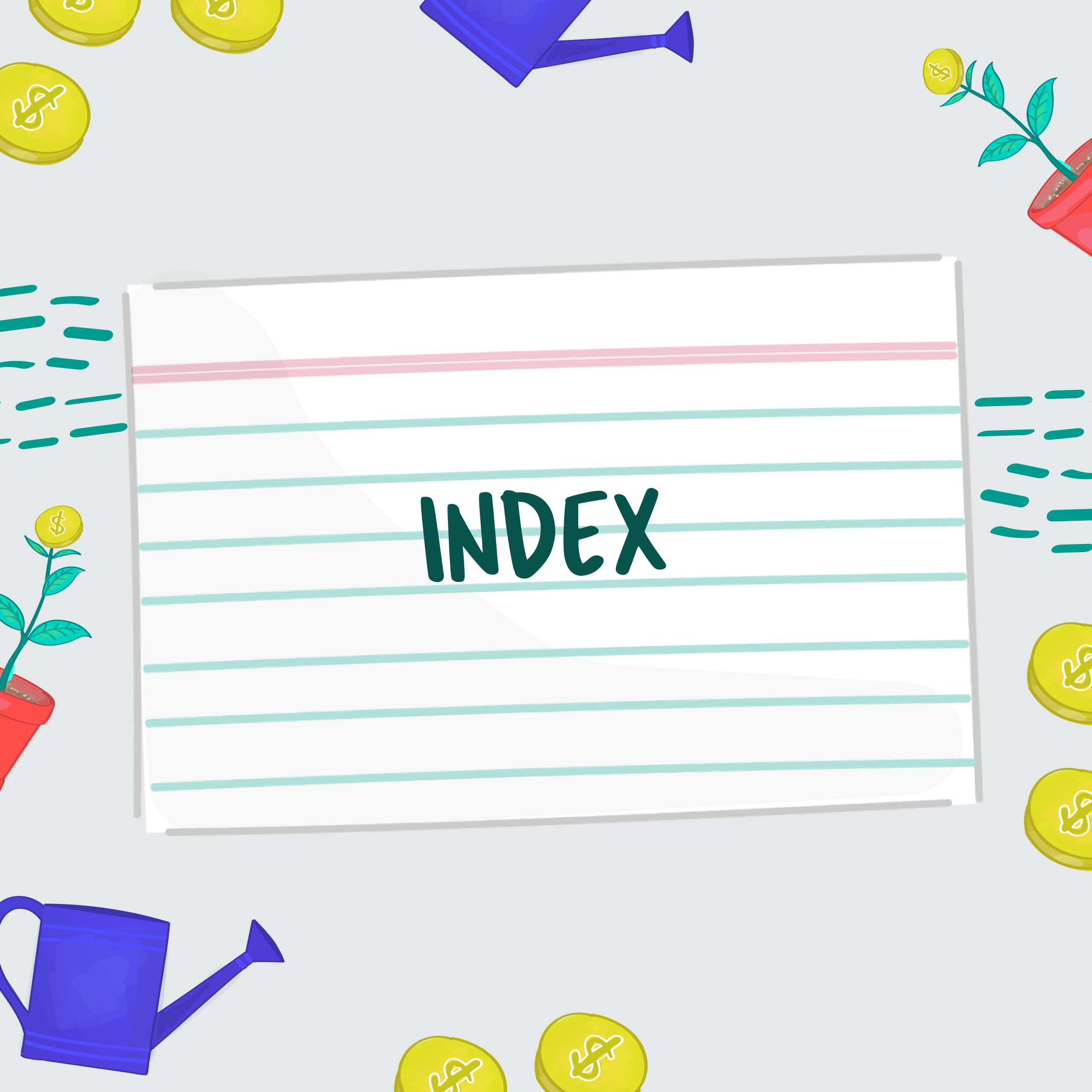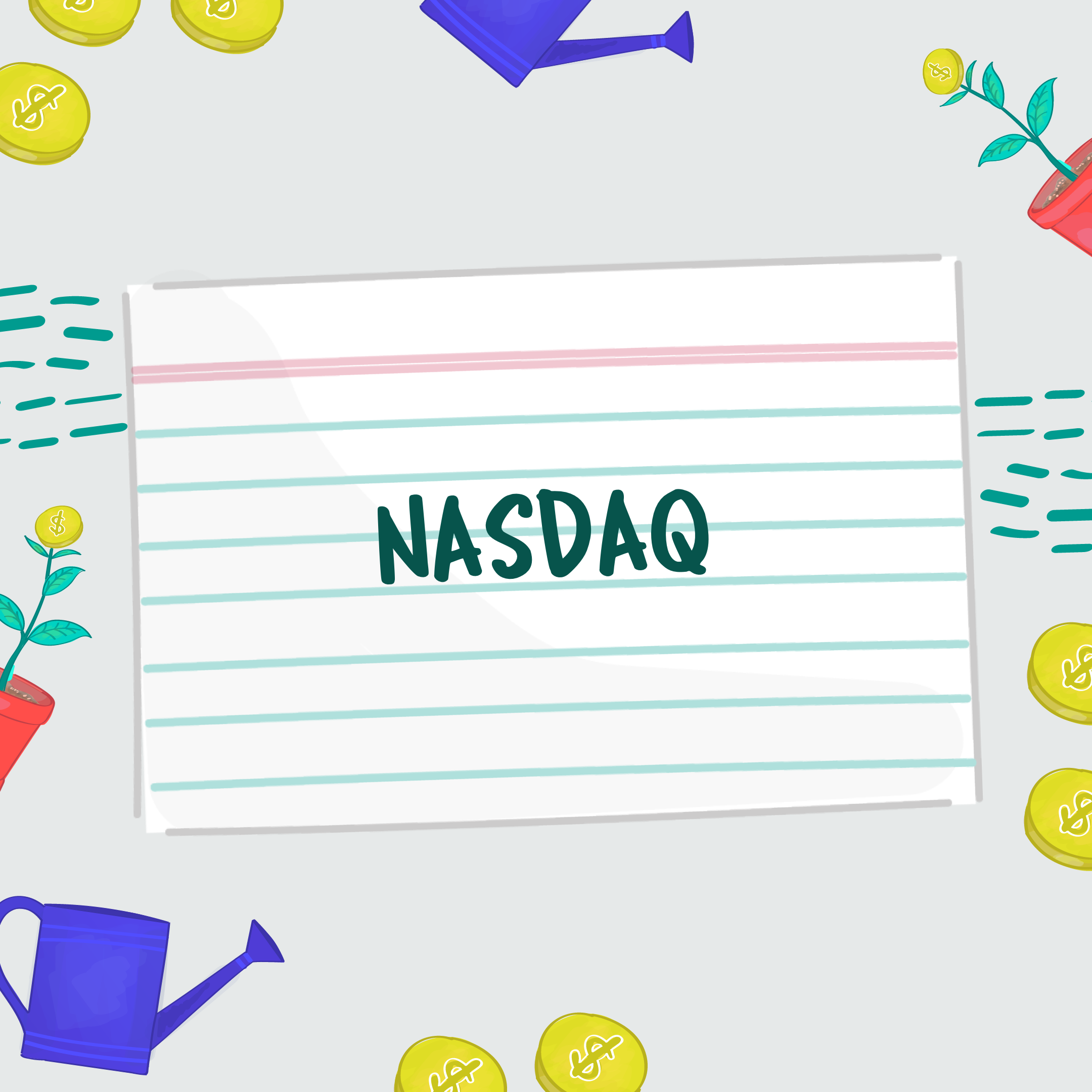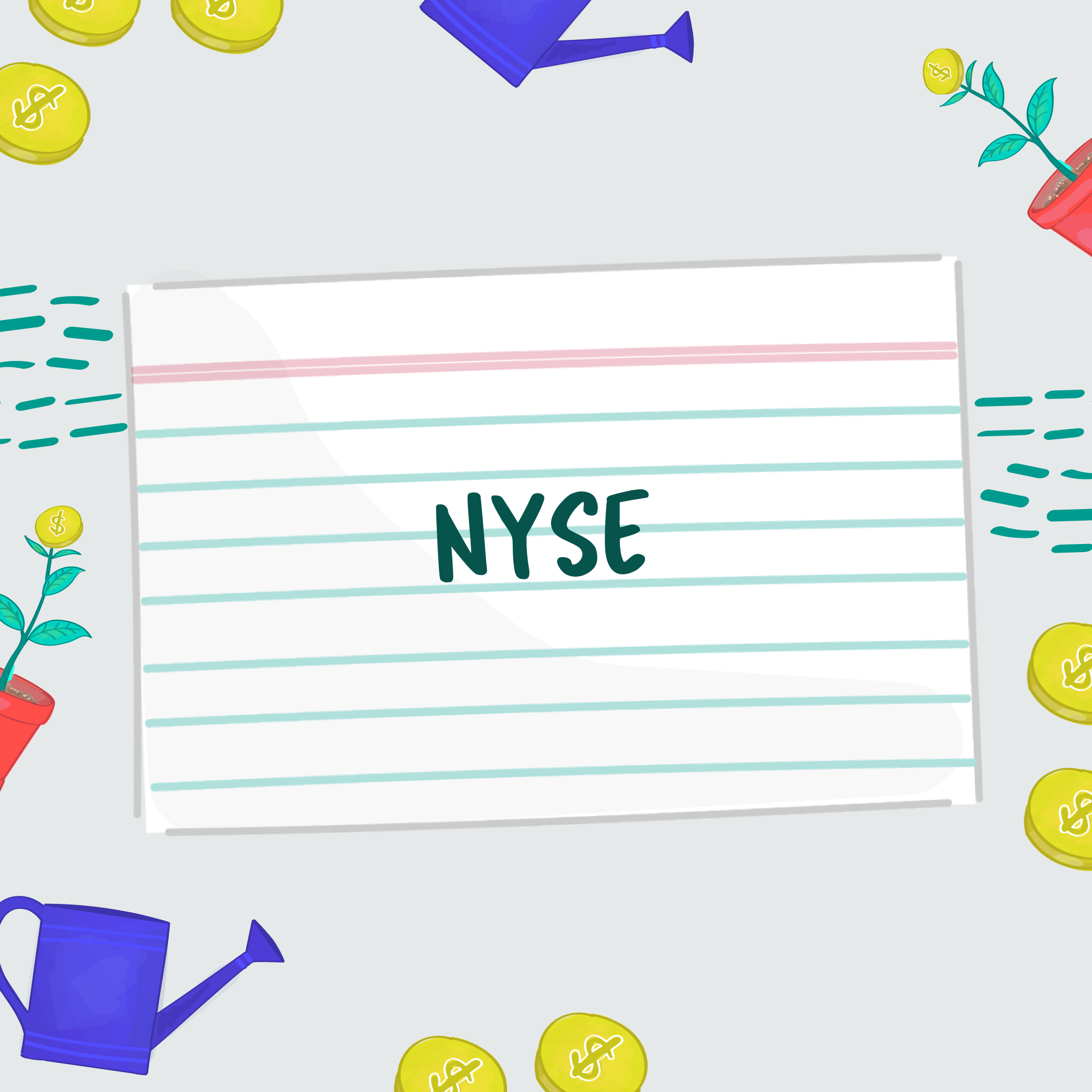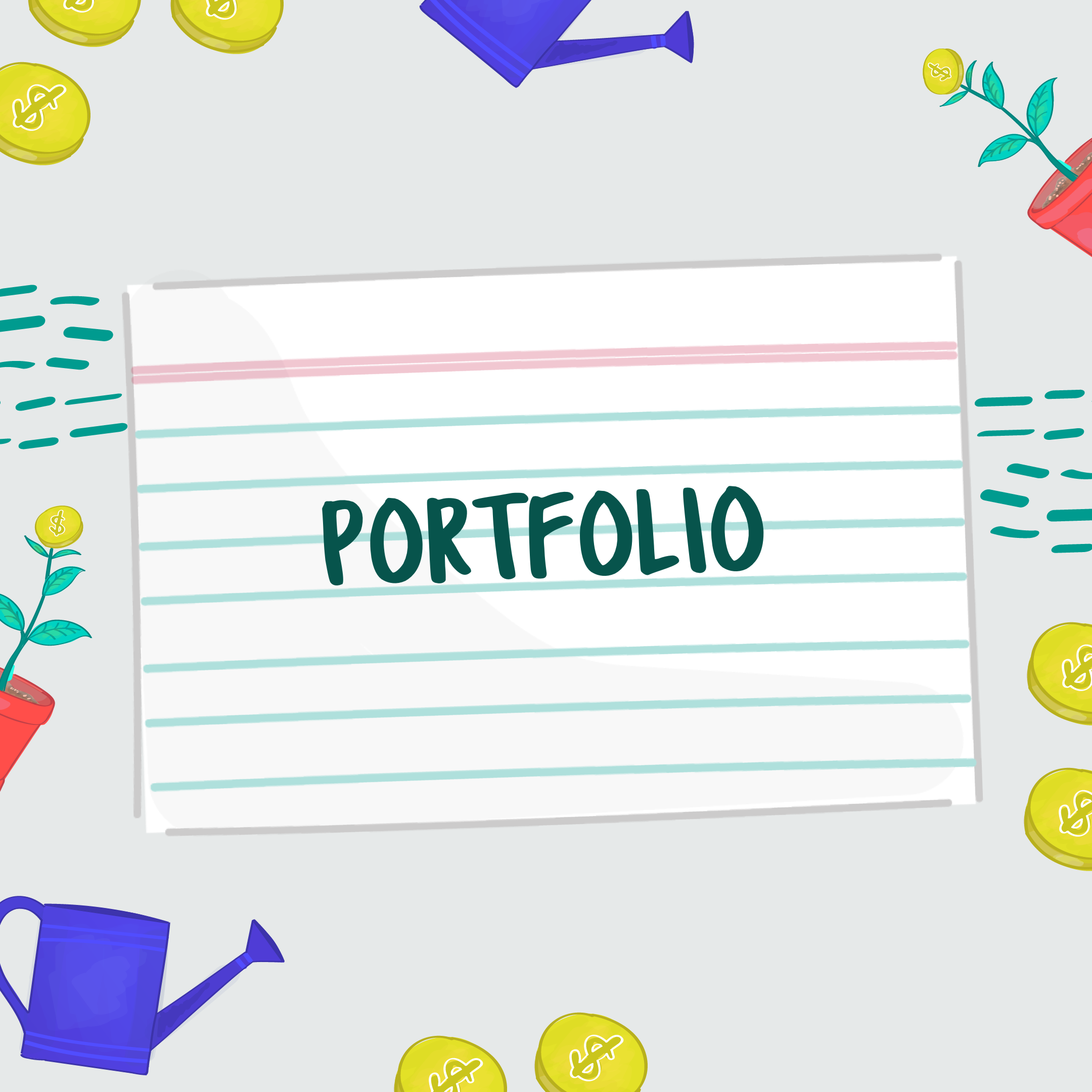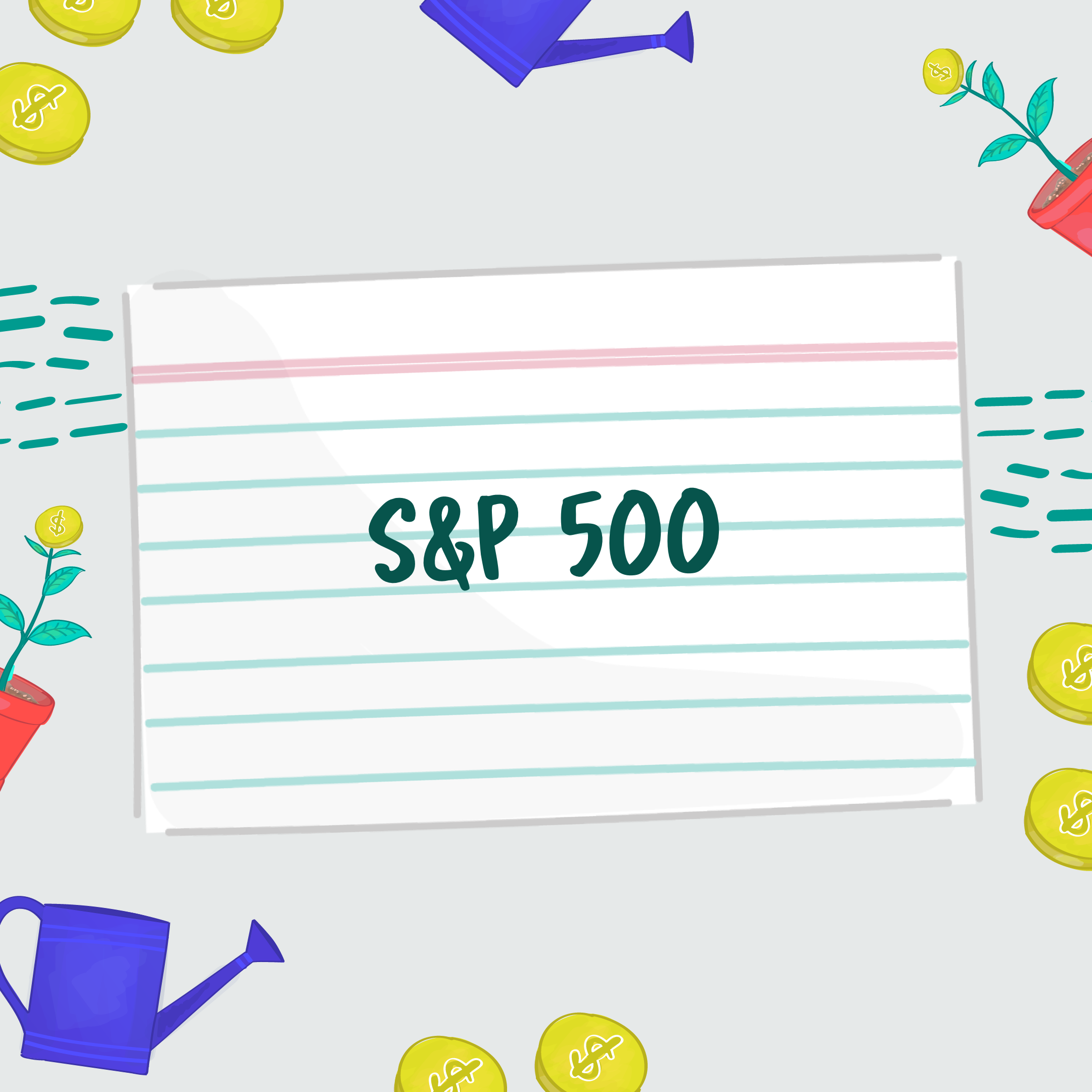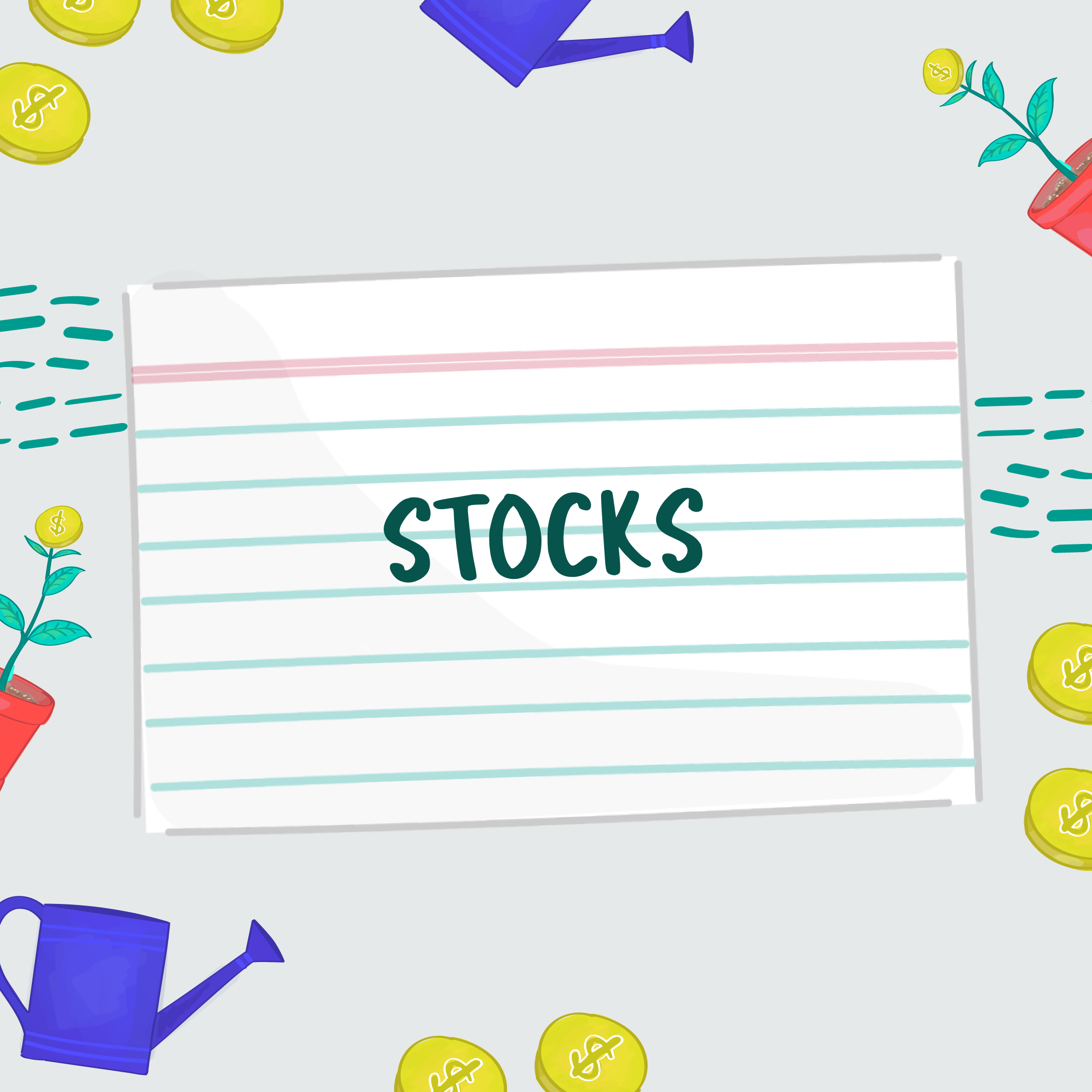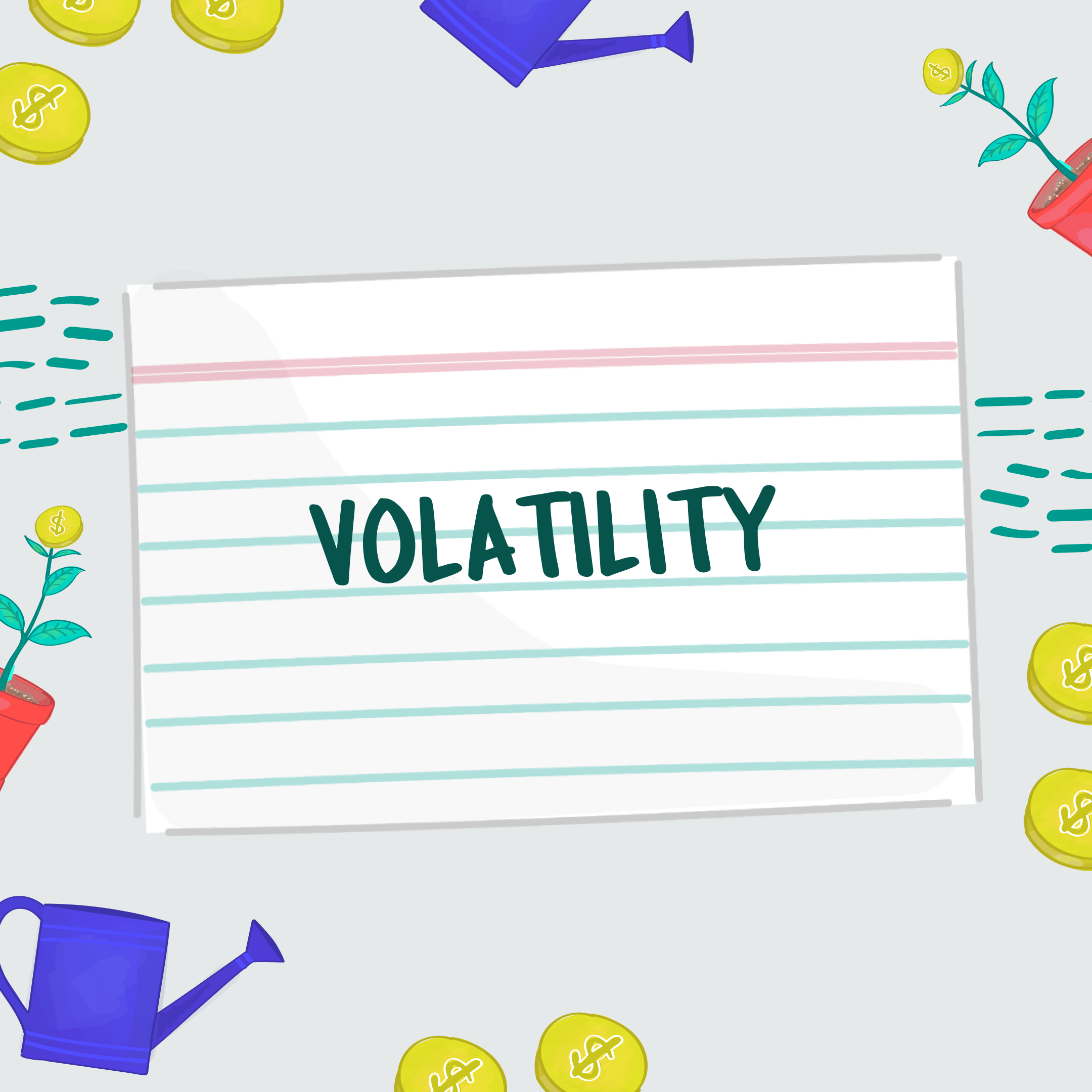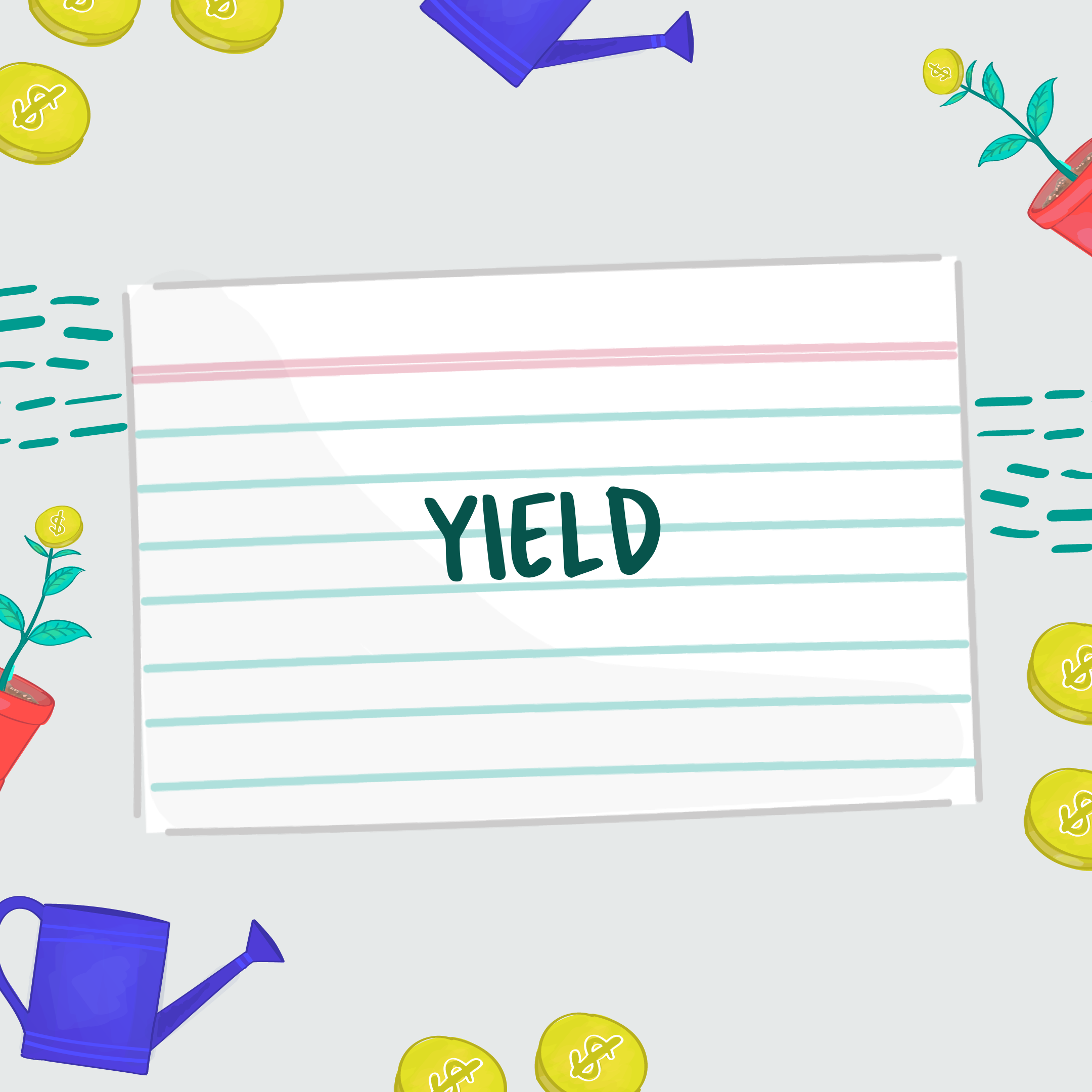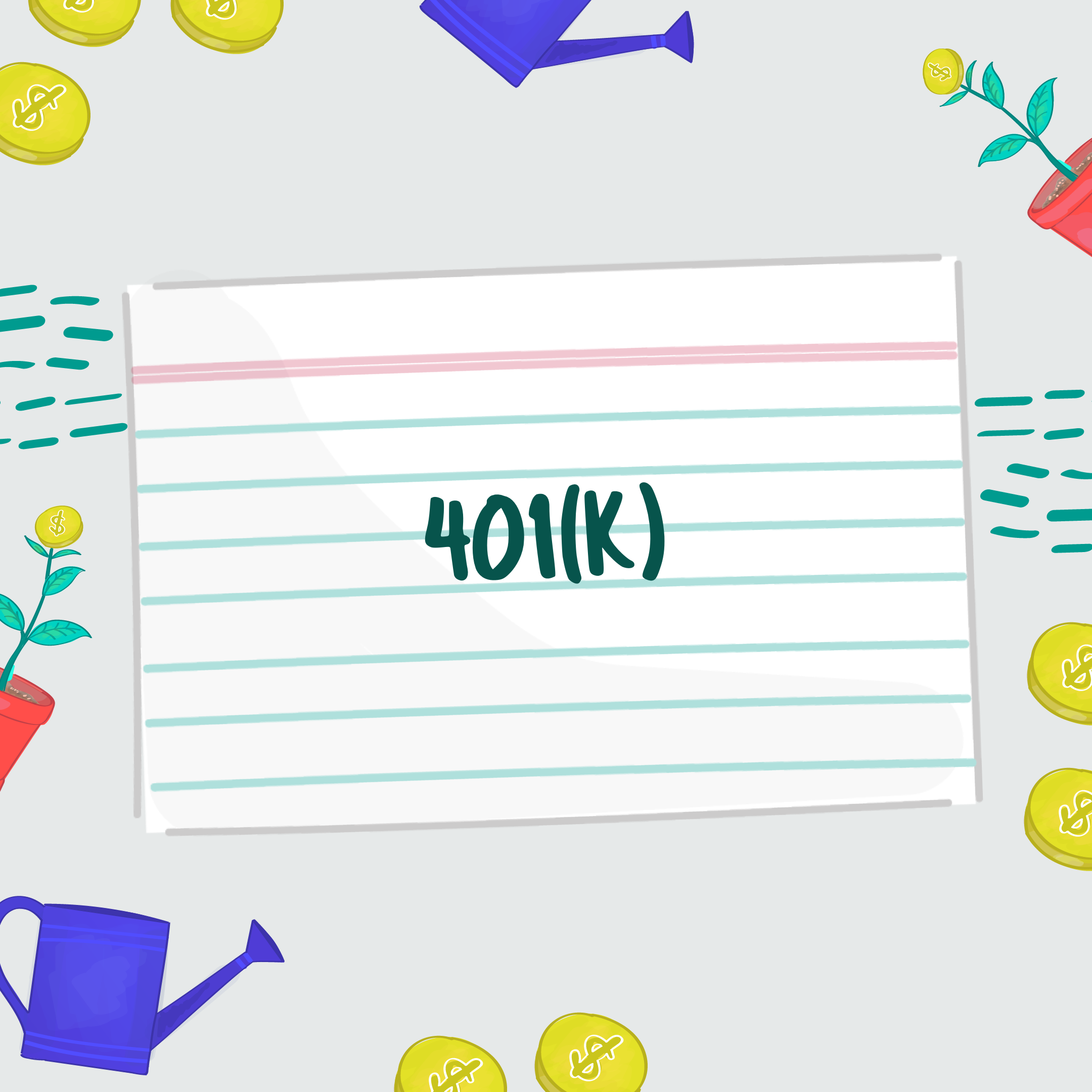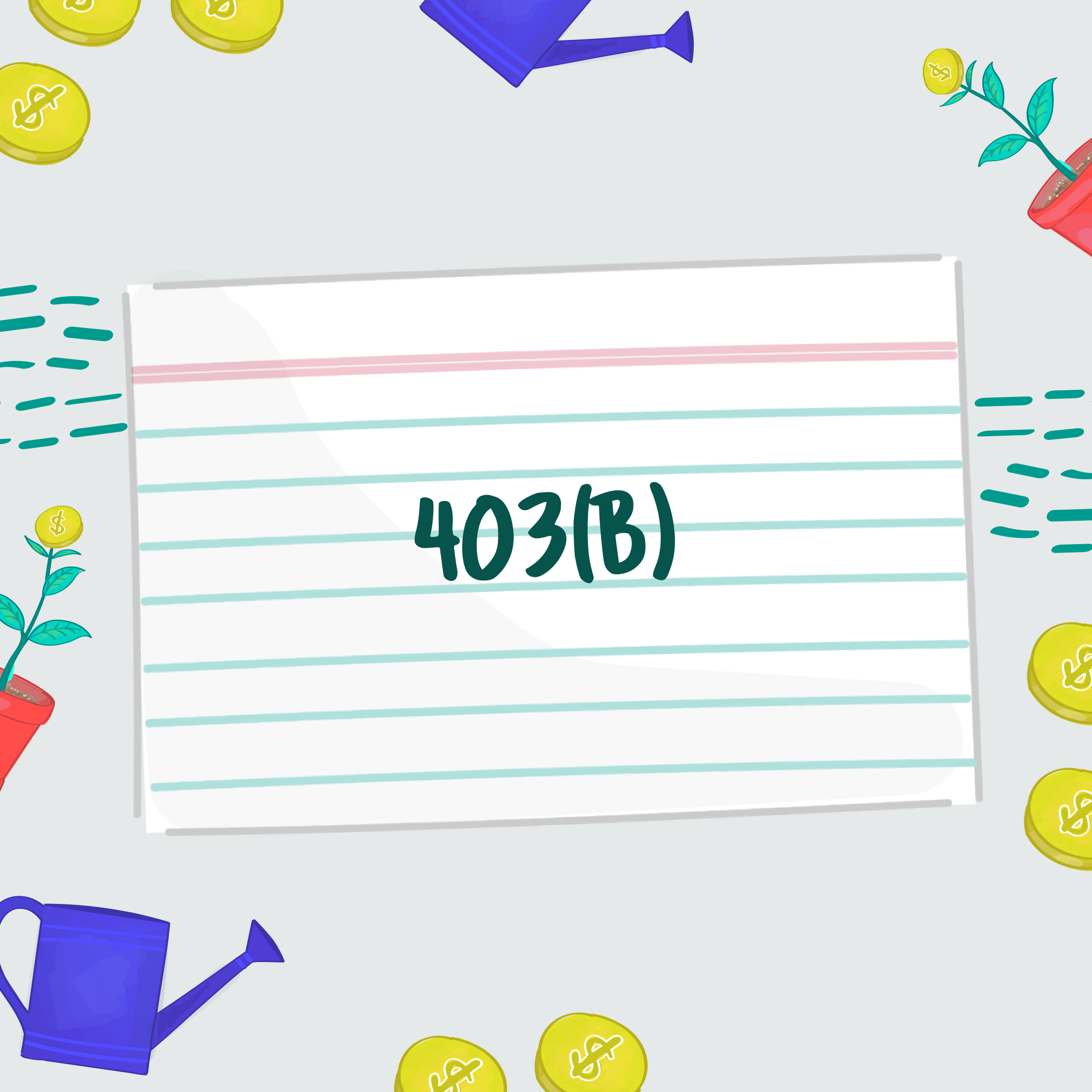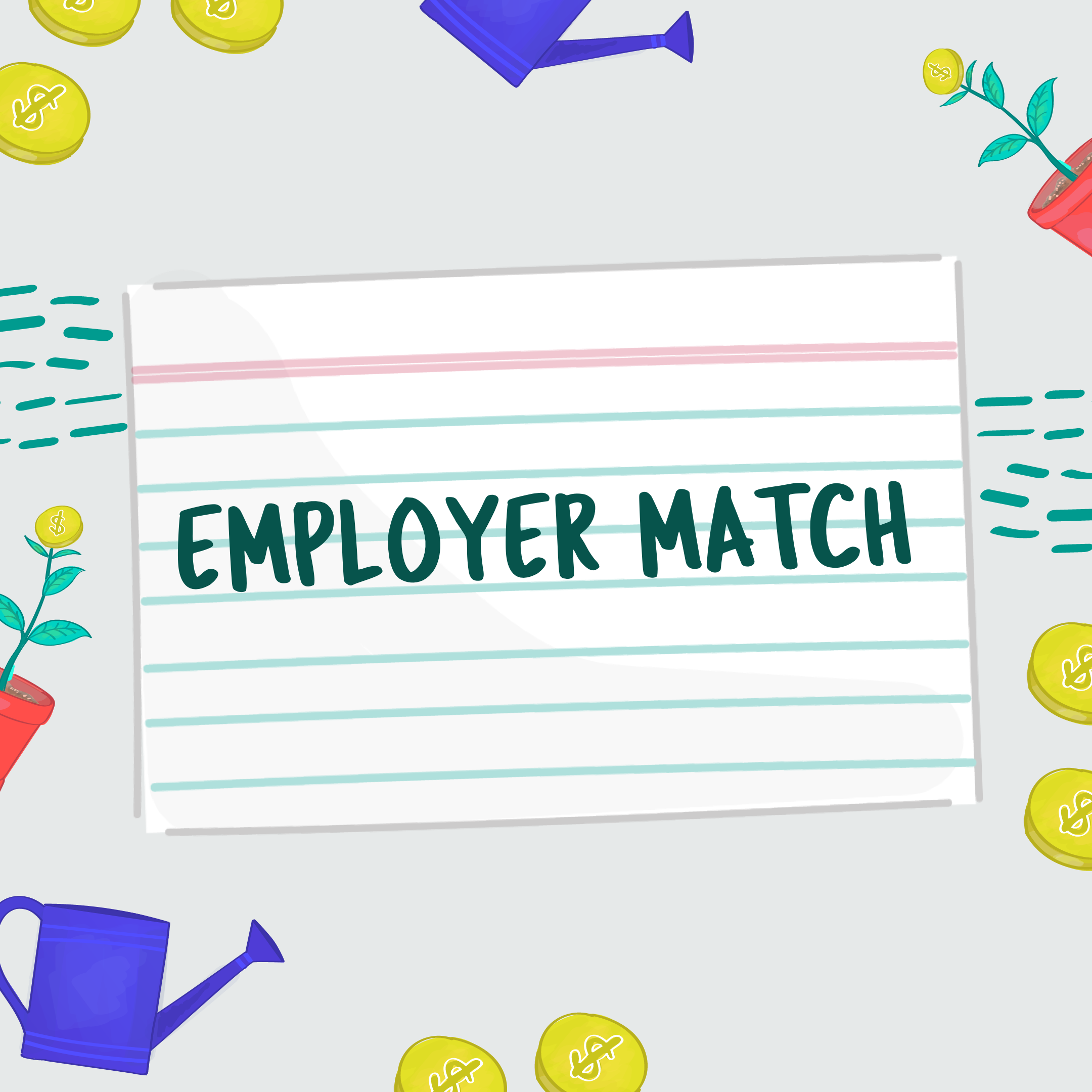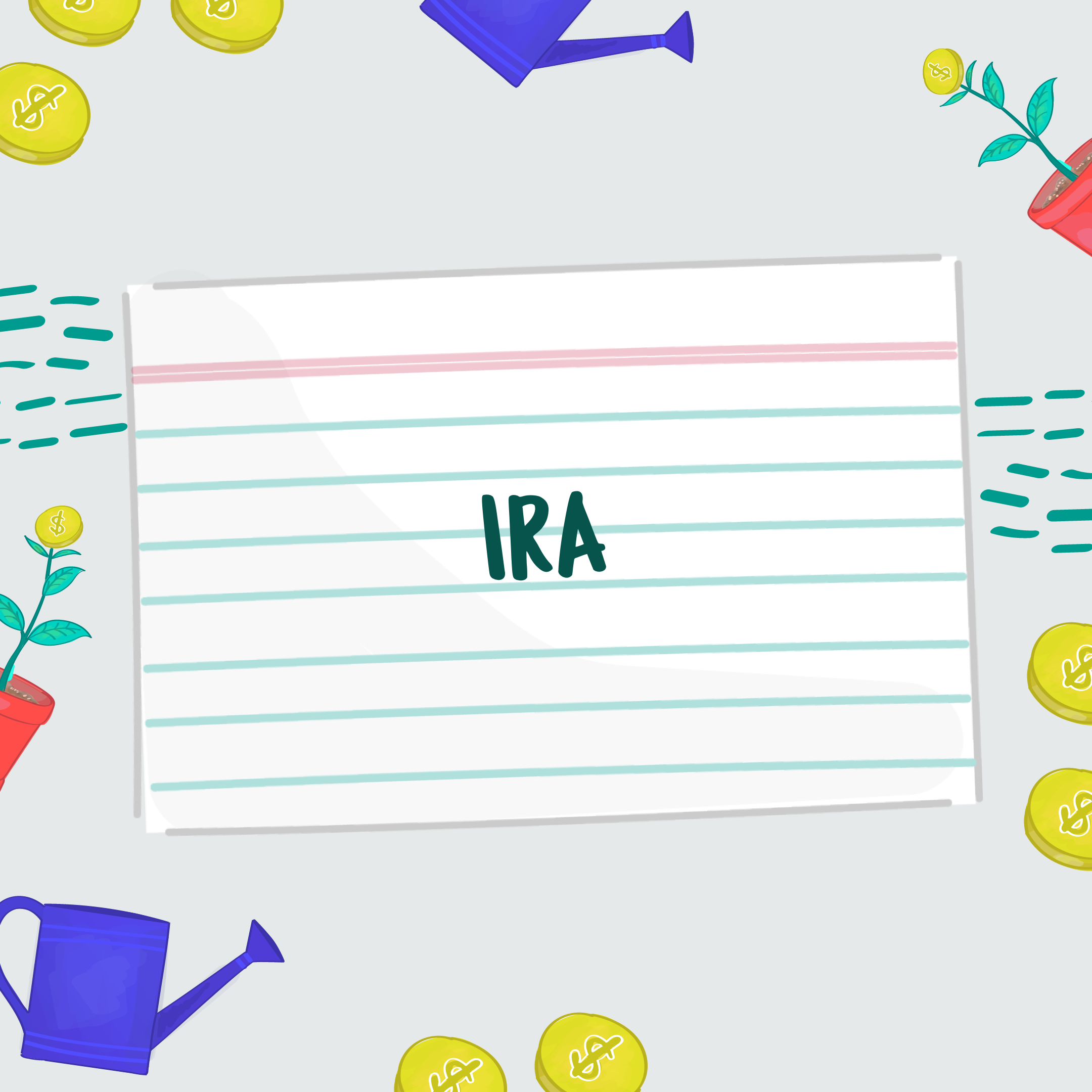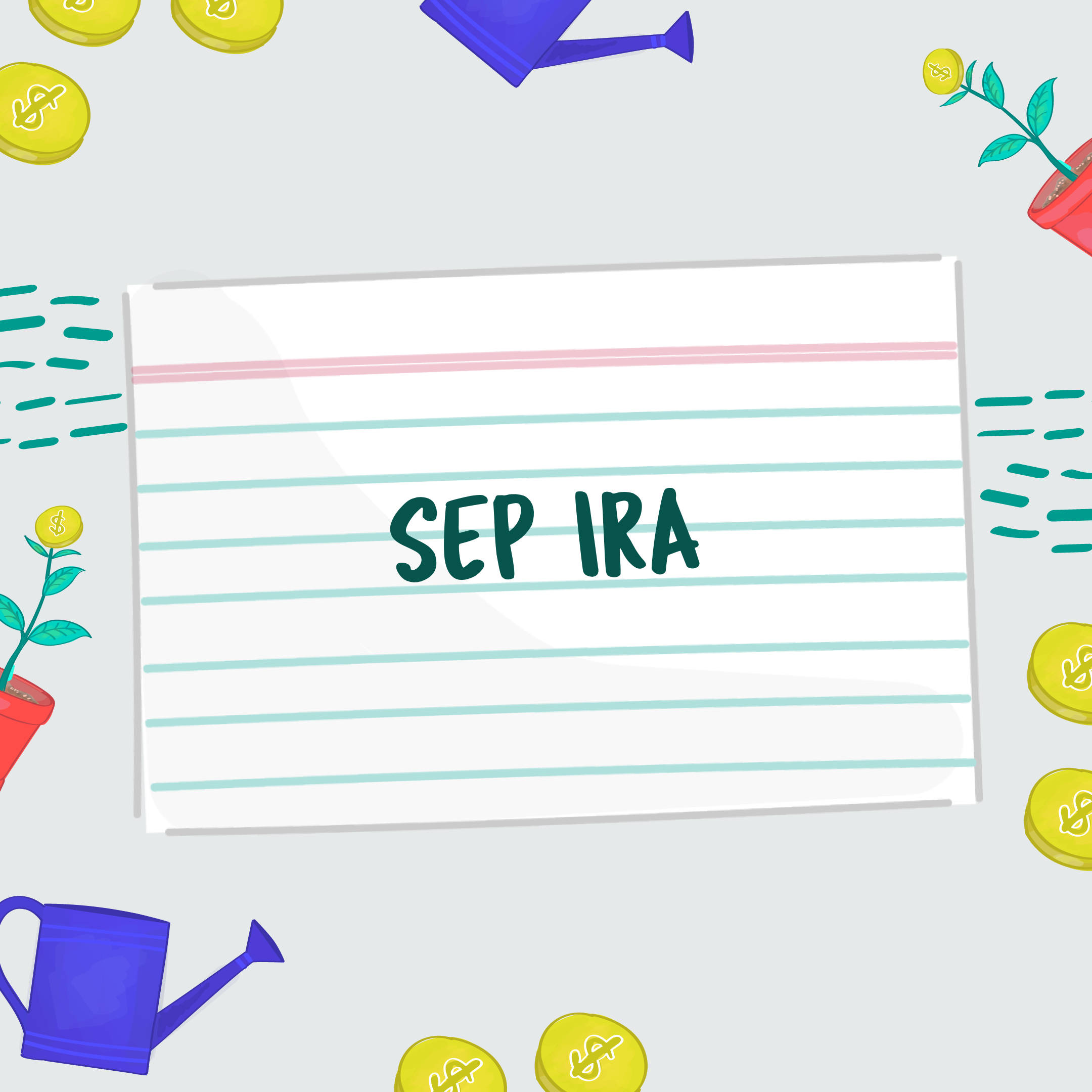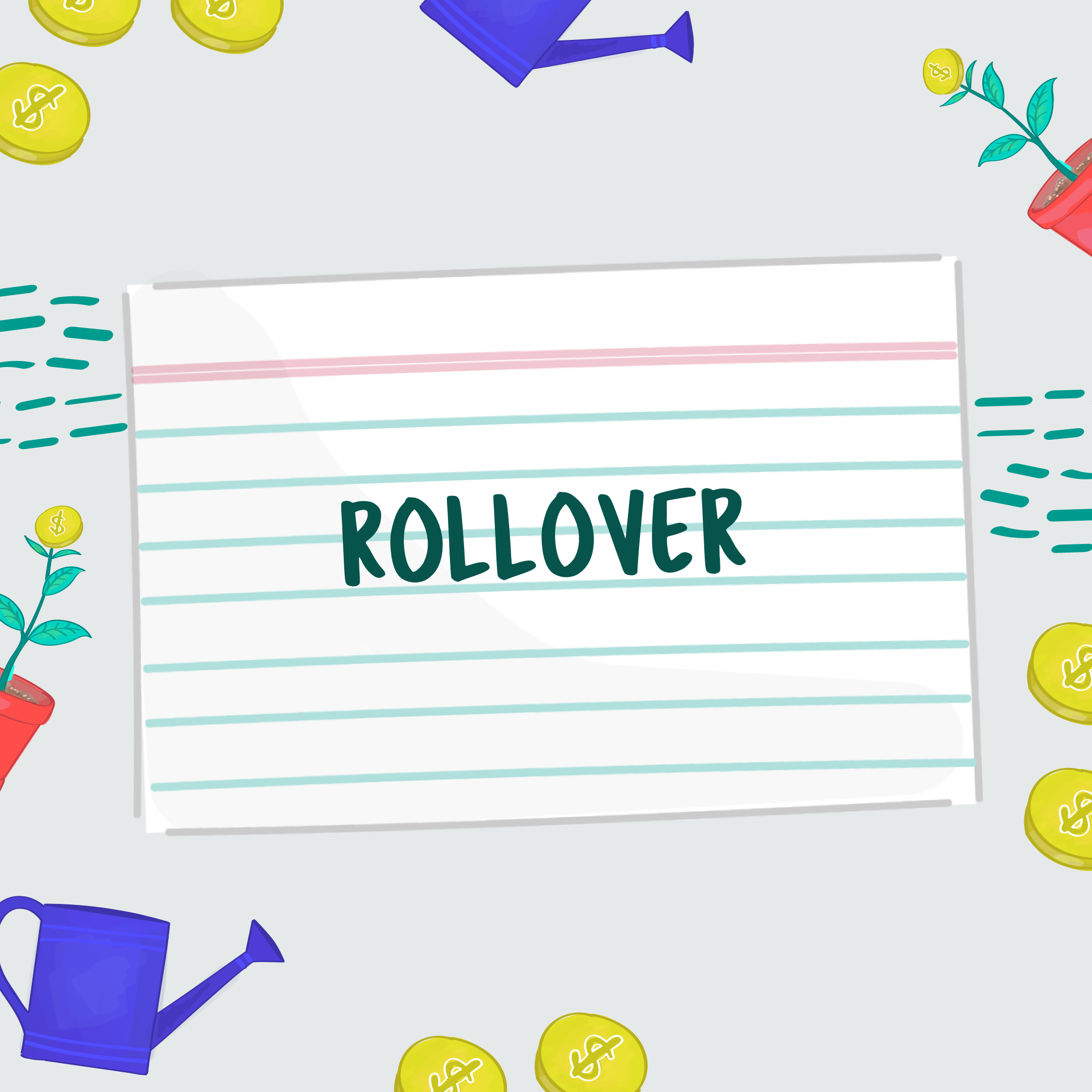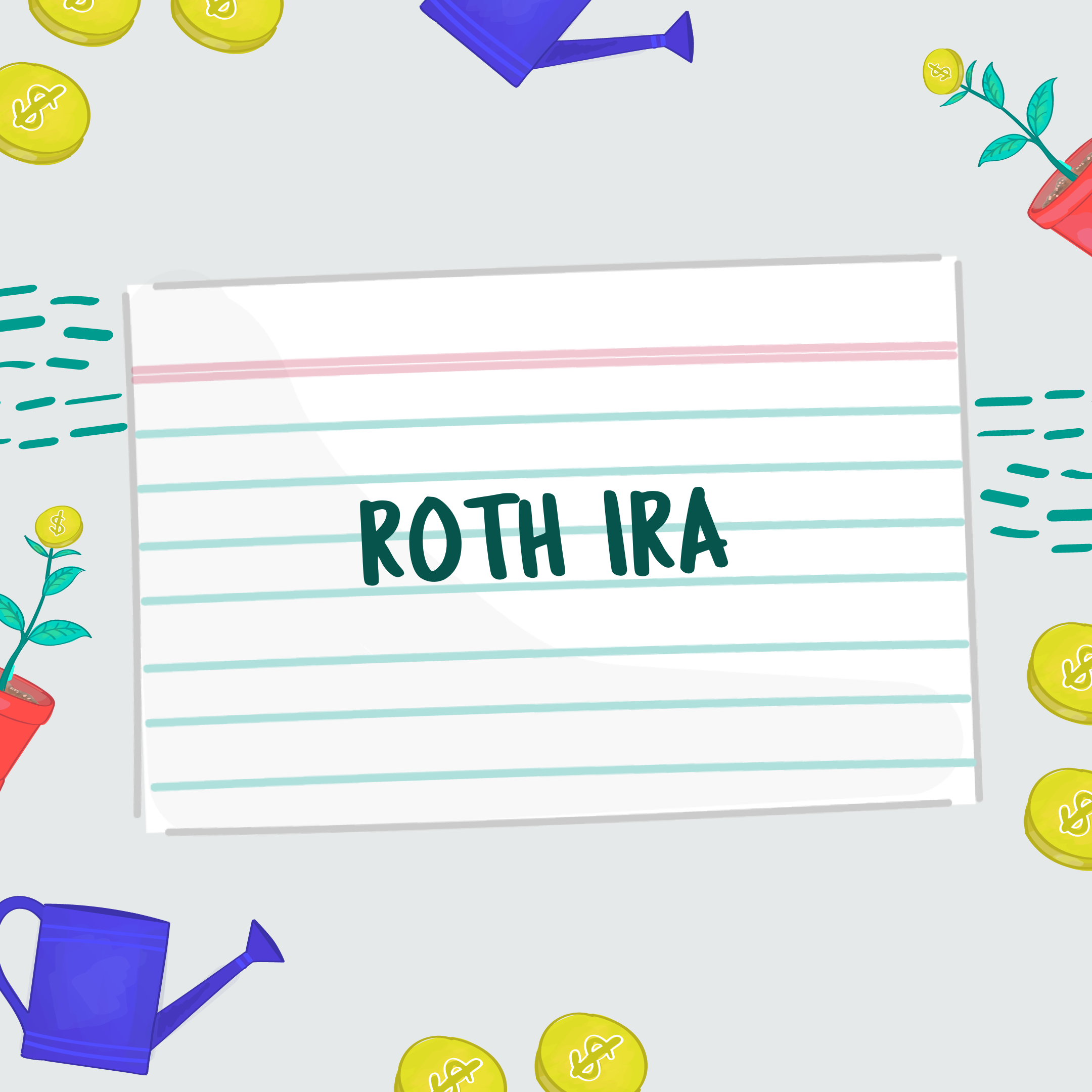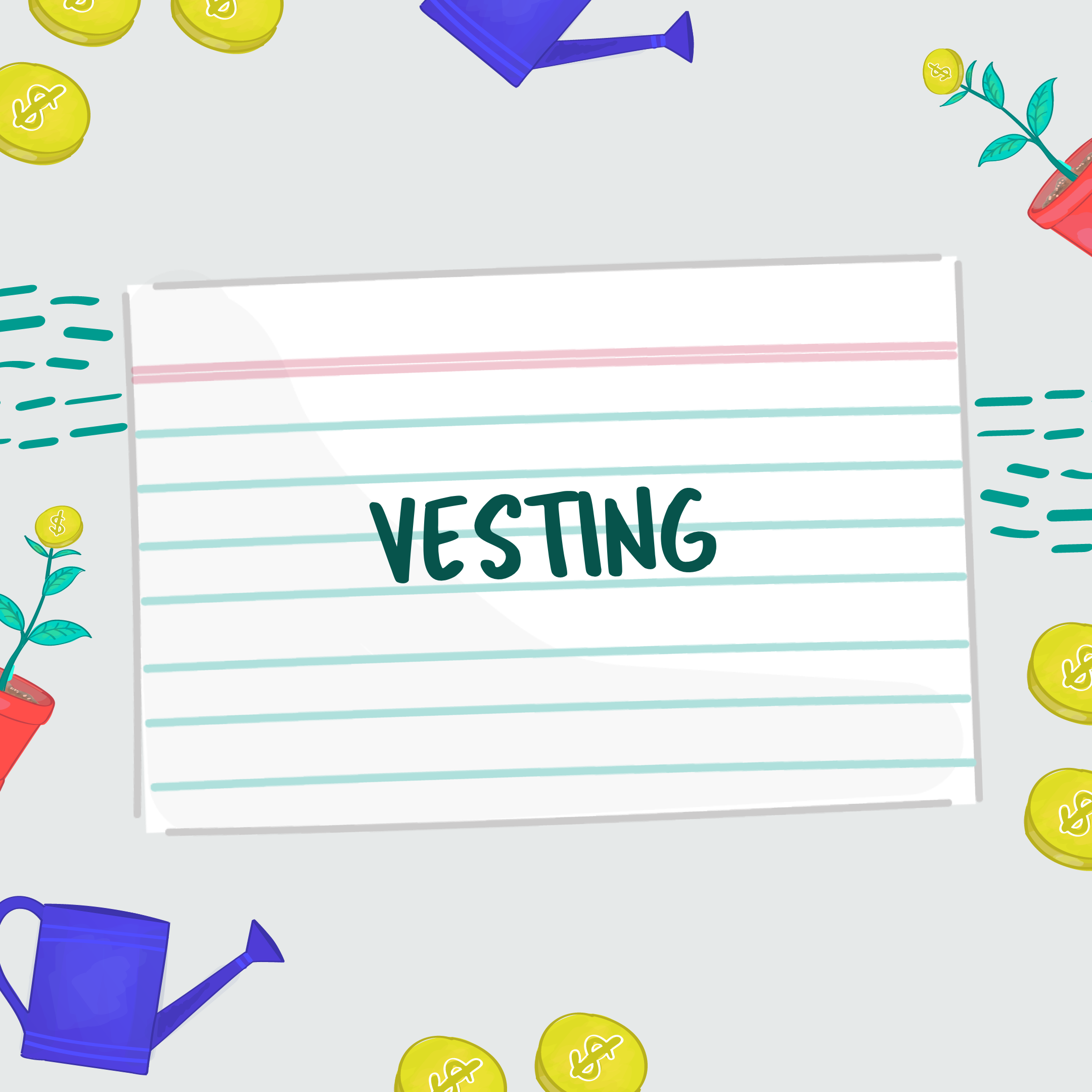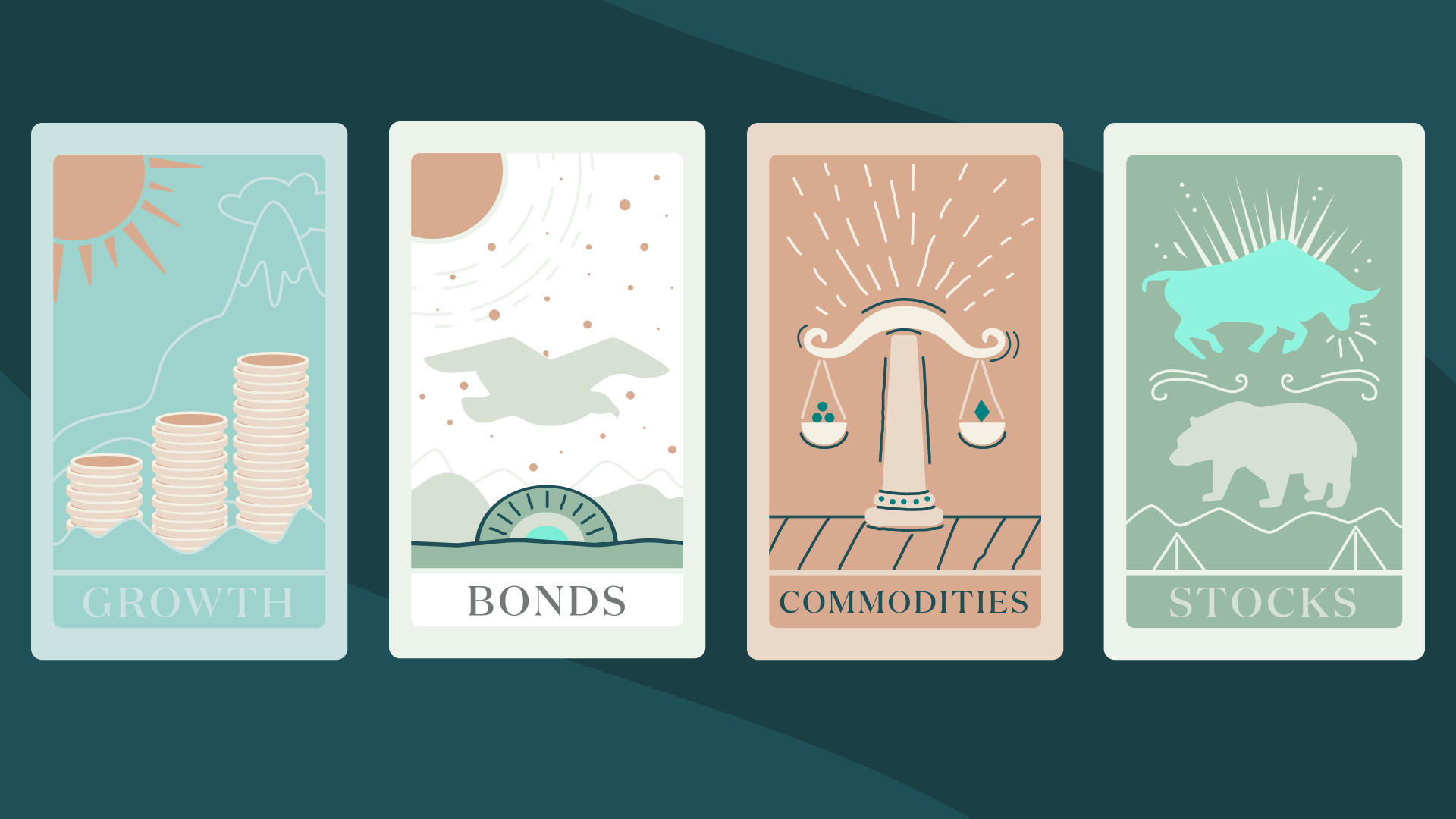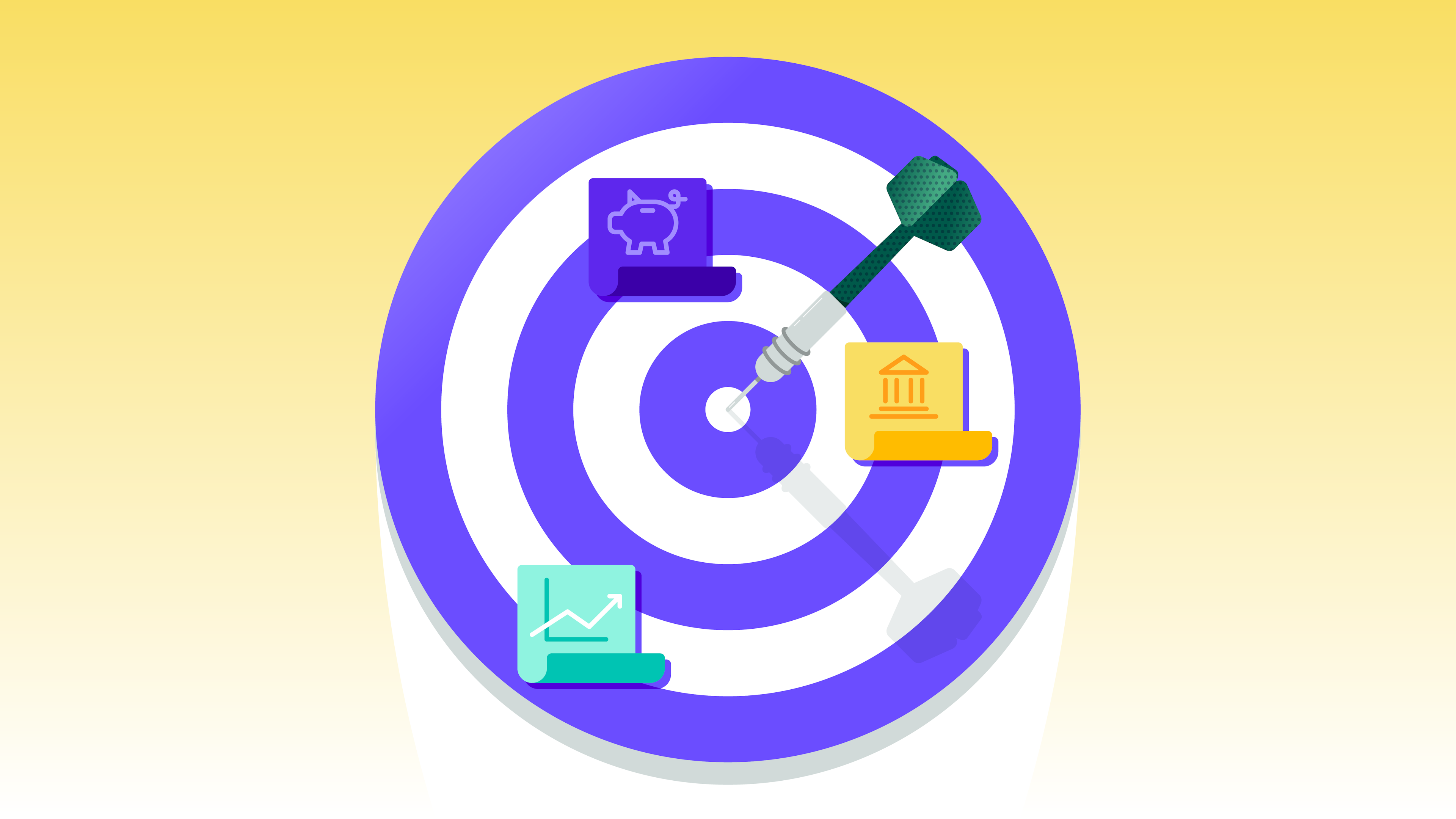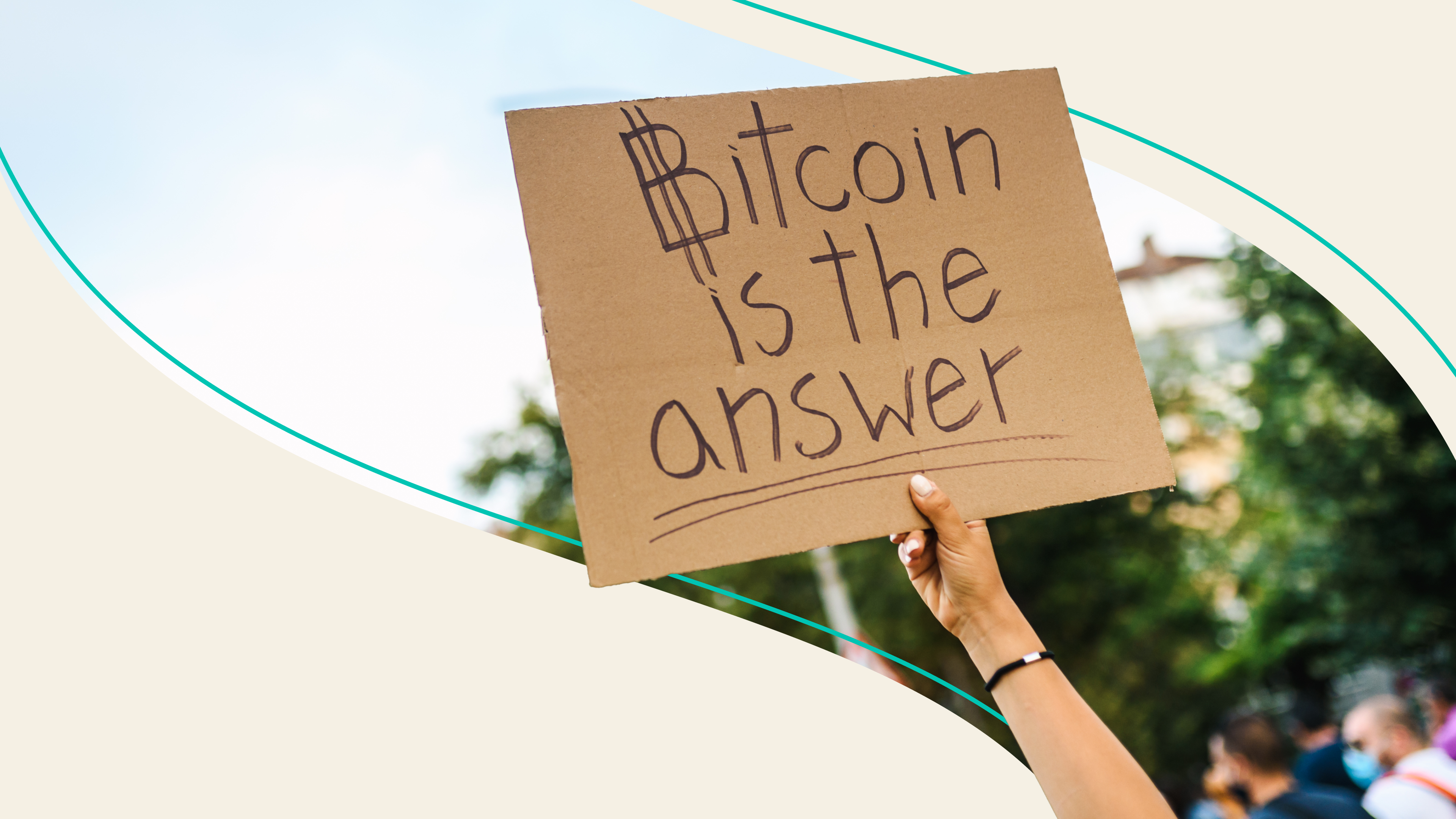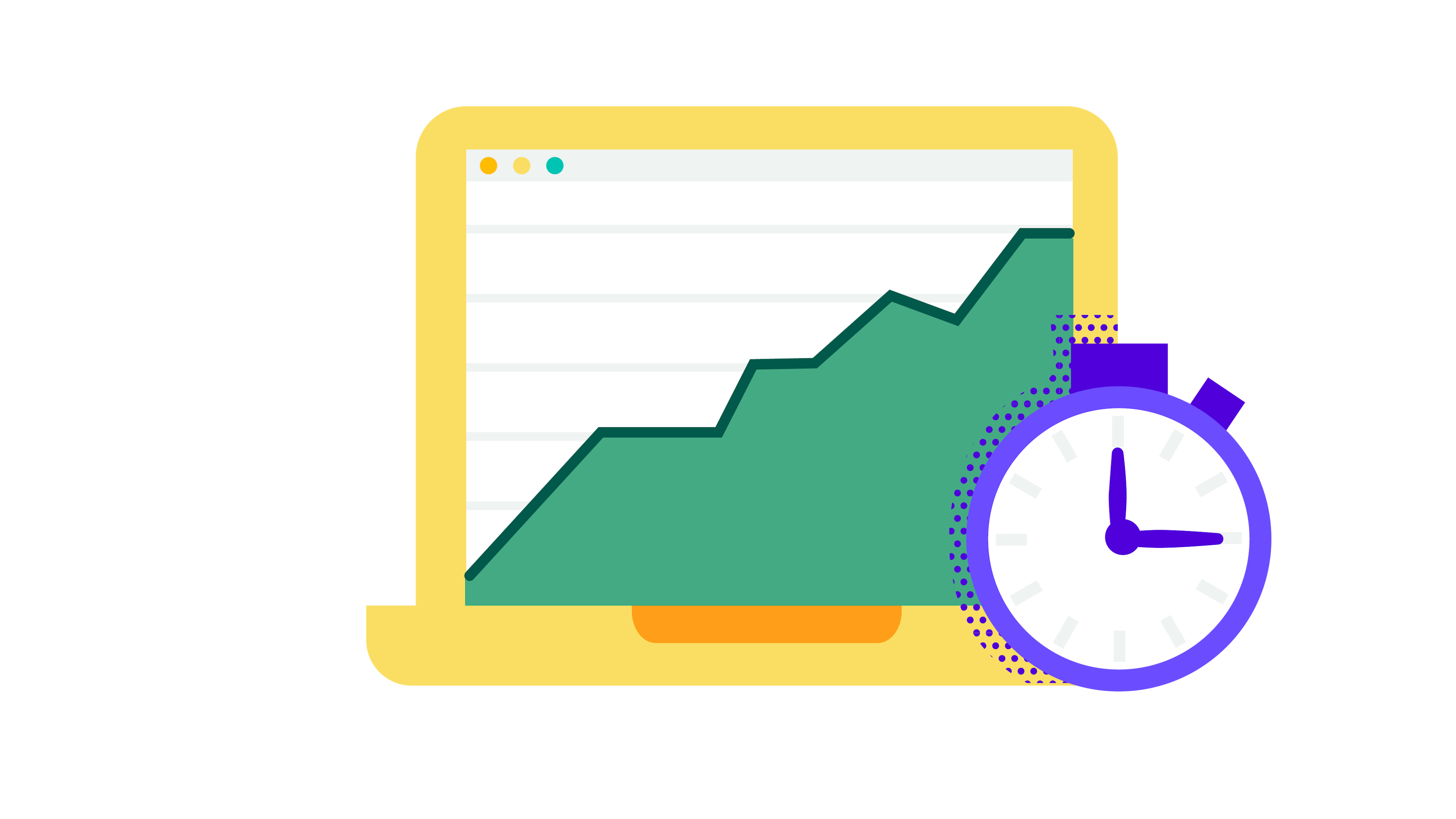
Start Investing
Learning about investing can feel like a lot. But actually doing it...could make you a lot. So you can retire, buy a home, island-hop in Greece, or just stop stressing every time you check your bank account. Because when your money is multiplying, your options are, too.
Step 1: Get the Basics
If you’ve been sleeping on investing, time to wake up. Start by understanding what investing really is. Then take the quiz to see where you stand.Step #2: Talk the Talk
From bulls to bears, investing lingo is a whole other animal. We Skimm'd the words of Wall Street here.Investing 101 FSL (Stock Market and Retirement)
Step #3: Make a Plan
Smart investing means making money moves with your goals in mind. Read up on all the ways you can invest your best. And the right time to get started.Want more $$$ news from theSkimm?
Sign up for our Skimm Money newsletter for more on the biggest financial headlines and trends, and how they affect your wallet.
© 2025 theSkimm, All rights reserved
This site is protected by reCAPTCHA and the Google Privacy Policy and Terms of Service apply.
